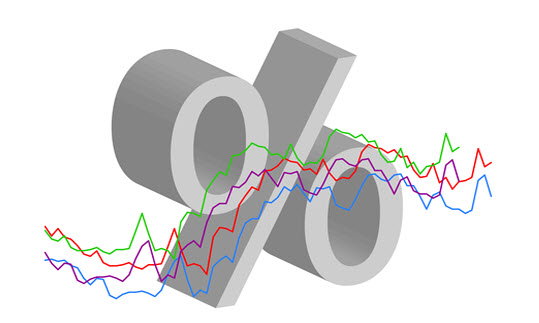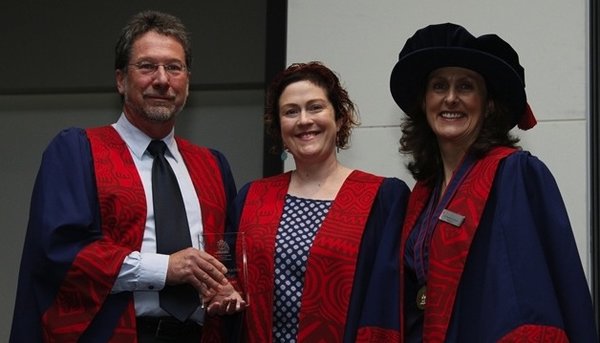Welcome back to a new and exciting year!
Firstly, we wish to congratulate our clients, the Central Medical Group in Wodonga for their achievement of Victorian General Practice of the Year in 2013. Please read the full article here
Up until now, most businesses conduct an annual staff performance and remuneration review, whereby the employee’s hourly rate or annual salary is reviewed with a fixed amount of super being calculated into the package. An area that needs to be considered by all employers when looking at their employee’s remuneration package is the impact of increases to super, and how this affects their overall package.
On 1 July 2013 the recent amendments to the Superannuation Guarantee (Administration) Act 1992 (the SGAA) came into effect. These amendments necessitate significant changes to the payment of Superannuation contributions by employers on behalf of their employees.
The amendments make way for a gradual increase to the Superannuation Guarantee entitlements, from 9% to 12%, over a period of seven years. The first increase has changed the Superannuation Guarantee entitlement to 9.25% and commenced on the 1 July 2013.
For an employee on a $60,000 base salary, we see how their package value changes year to year in the table below:
| Financial Year | Rate (%) | Total Package |
|---|---|---|
| Year starting 1 July 2013 | 9.25 | $65,550 |
| Year starting 1 July 2014 | 9.5 | $65,700 |
| Year starting 1 July 2015 | 10 | $66,000 |
| Year starting 1 July 2016 | 10.5 | $66,300 |
| Year starting 1 July 2017 | 11 | $66,600 |
| Year starting 1 July 2018 | 11.5 | $66,900 |
| Year starting 1 July 2019 | 12 | $67,200 |
For employers it is important to be prepared for these entitlement increases when negotiating the total remuneration package for their employees.
Managing the increase in the Superannuation Guarantee Entitlement and the relevant legislation should be considered carefully when communicating with staff in relation to these changes and new processes, as well as what it ultimately means to your bottom line.


